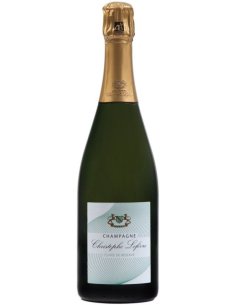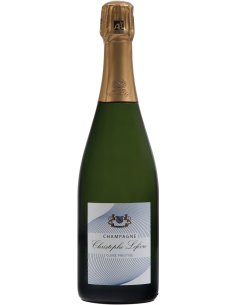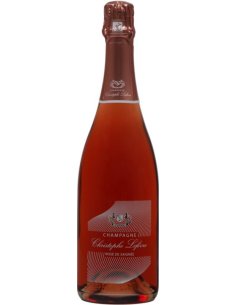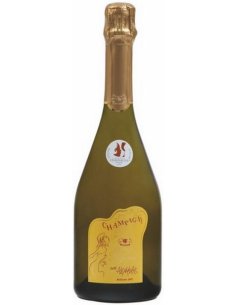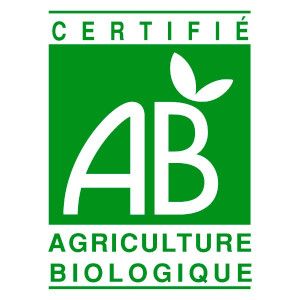Christophe Lefèvre Organic Champagne: An Ecological and Qualitative Commitment

Driven by strong ecological convictions, Christophe Lefèvre gave birth to his organic champagnes.
Maison Lefèvre cultivates its vines according to organic farming standards, a rigorous approach that yields grapes of superior quality. The result is exceptional champagnes that combine finesse and aromatic richness, offering fruity notes that blossom into subtle nuances.
Harvested, crafted, and aged with respect for the product and the environment, Christophe Lefèvre's organic champagne possesses all the necessary qualities to seduce oenologists and convince the most demanding connoisseurs.
Champagne bio cuvée prestige Christophe Lefèvre
Champagne bio rosé de saignée Christophe Lefèvre
? The Christophe Lefèvre Estate: Excellence and Organic Terroir
Based in Bonneil, Christophe Lefèvre is a grower-producer (viticulteur-récoltant) whose operation is built on ancestral savoir-faire and a deep respect for nature. Specializing in the export of organic champagnes, he stands out for a strong ethical commitment, located near Château-Thierry.
An Exceptional Terroir
Lefèvre champagne originates in Mont-de-Bonneil, a picturesque hamlet that majestically overlooks the Marne Valley. This area is strategically situated between Château-Thierry and Charly-sur-Marne, in the south of the Aisne, one of the five departments within the Champagne appellation.
His vineyard, spanning 4.30 hectares and enjoying a full south exposure with a 100-meter elevation drop, benefits from remarkable geological richness and diversity:
Bottom of the slope: Sandy alluvial silt.
Mid-slope: Calcareous soil with a sandy sublayer.
Top of the slope: Clay-limestone soil.
This mosaic of soils promises complex and exciting blends, although some flagship cuvées, such as the Rosé de Saignée or the Cuvée Alexandrine, are made from a unique single-plot selection.
Precise Viticulture and Controlled Yields
The vineyard is primarily planted with Pinot Meunier (75%), supplemented by Pinot Noir (15%) and Chardonnay (10%). In order to moderate yields and prioritize the quality and optimal ripeness of the grapes, the vines are pruned using the Cordon de Royat and Chablis methods. The planting density is high, reaching 8,800 vines per hectare, ensuring a maximum concentration of aromas.

